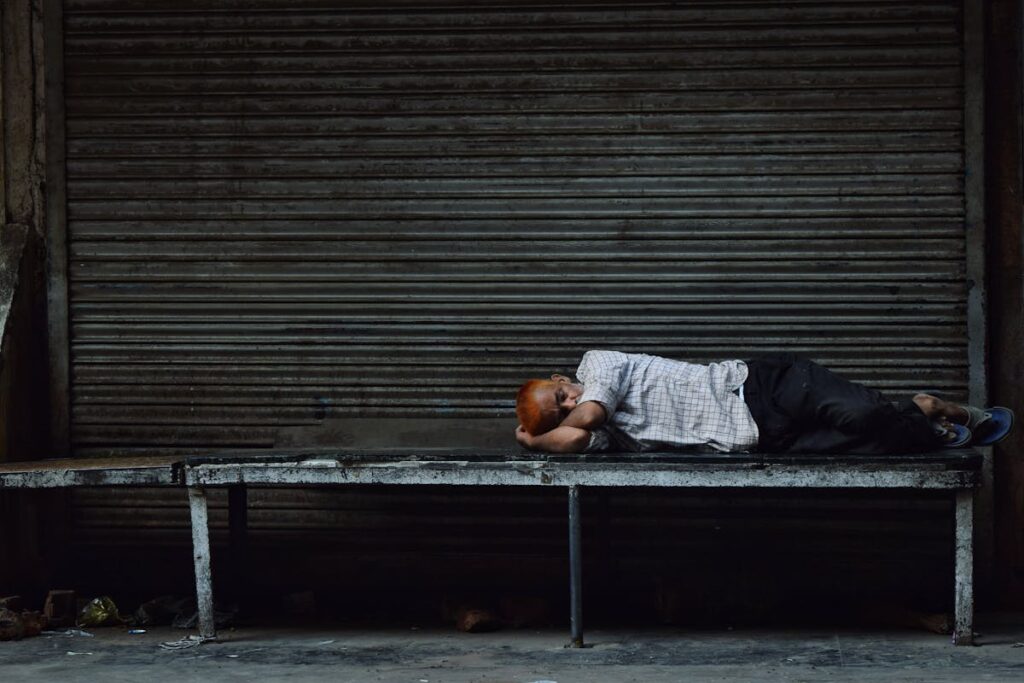
In parts of the world where every meal must be earned through ingenuity, where a broken appliance isn’t replaced but repurposed, and where money is scarce but resourcefulness is abundant, necessity does what it always has—it forces invention. In countries with struggling economies, people do not have the luxury of waste. A discarded bicycle wheel becomes a pulley system for drawing water. A cracked smartphone, no longer functional as a communication device, is transformed into a makeshift solar panel. Innovation, in these places, is not a buzzword thrown around at tech conferences; it is a survival skill.
Contrast this with the wealthier nations of the world—places where comfort has dulled the human instinct to adapt, where abundance has replaced ingenuity with entitlement. When something breaks, it is thrown away and replaced. When a problem arises, someone else is expected to solve it. The urgency to create, to problem-solve, to survive by wit and skill, has been replaced by convenience. This ease has led to a collective atrophy of the creative impulse.
But the tides of history have a way of shifting. Wealthy nations are not immune to economic collapse, and when financial systems falter, as they inevitably do, those who have spent their lives sheltered from necessity will find themselves unarmed for survival. The warning signs are already flashing—ballooning national debts, fragile supply chains, and inflation that chips away at the foundations of financial stability. The middle class, once a bastion of prosperity in developed nations, is shrinking. In the event of an economic downturn severe enough to upend daily life, what happens when a population accustomed to comfort is suddenly thrust into hardship?
The answer is not reassuring. People who have never had to innovate to survive do not suddenly develop the ability overnight. They panic. They lash out. They look for someone to blame. What follows is often unrest, disarray, even violence. The social order depends on a functioning economy. Take that away, and the semblance of civilization can erode with shocking speed.
History offers plenty of examples. The fall of the Weimar Republic in Germany, the economic collapse in Venezuela, the Great Depression in the United States—each crisis came with its own blend of desperation and disintegration. In places where resilience had not been built into the culture, chaos filled the void left by economic stability.
The critical question, then, is whether people in today’s wealthier nations can relearn the skills they have lost before they are forced to. Can they rekindle the spirit of ingenuity that once defined their ancestors, who built economies from scratch, who innovated not for sport but for survival? Or will they, when the safety net disappears, descend into the primitive instincts of self-preservation—fighting for scraps rather than creating solutions?
For those paying attention, the choice is clear: prepare now, before necessity makes the decision for you. The comfort of today is not guaranteed tomorrow. And when that comfort fades, only those who can adapt will endure.
Join us in making the world a better place – you’ll be glad that you did. Cheers friends.